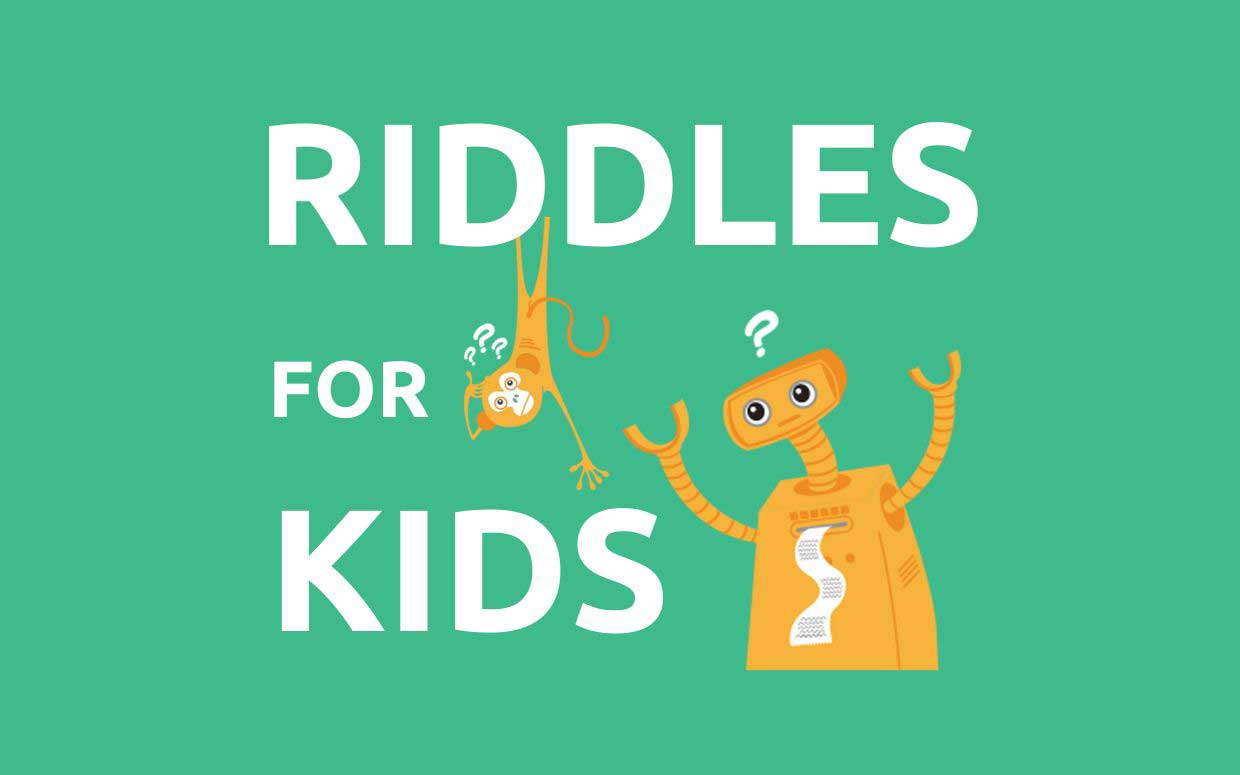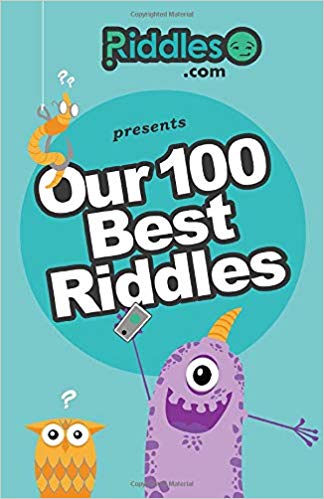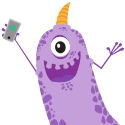
Riddles for Kids (with answers) to Solve
Welcome to the exciting world of riddles for kids! Riddles are a fun and engaging way to encourage problem-solving, critical thinking, and creativity in children. They can be enjoyed individually or with a group, making them a perfect activity for playtime, parties, or even in the classroom.

